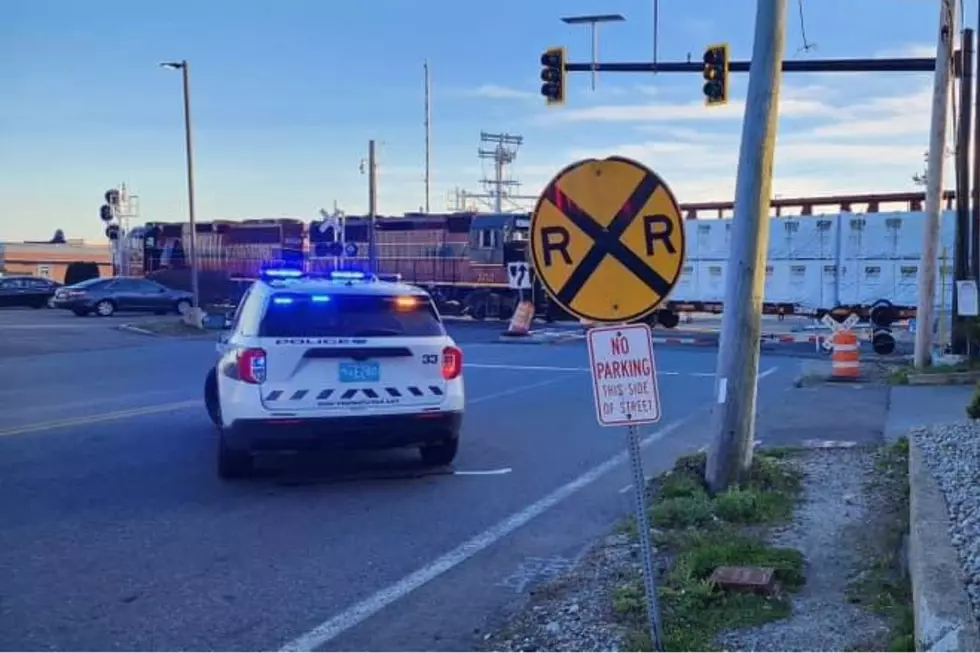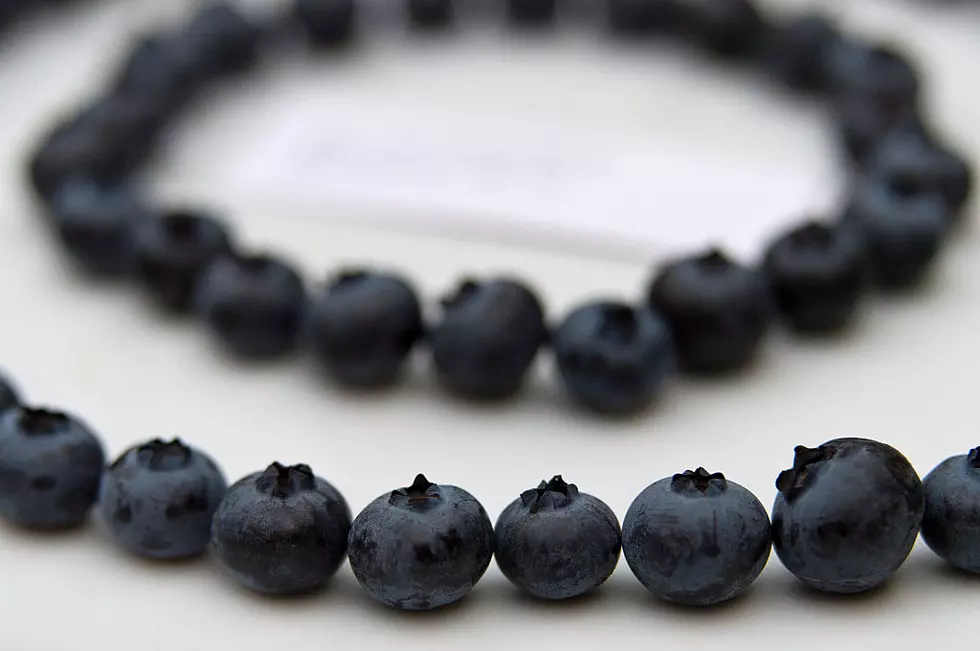
PCBs Discovered in Soil of Dartmouth Residential Neighborhood
DARTMOUTH — The Massachusetts Department of Environmental Protection, along with several other agencies, is conducting an investigation into the discovery of contaminants in a Dartmouth neighborhood.
The discovery of elevated levels of polychlorinated biphenyls (PCBs) was made while representatives of the Massachusetts Department of Environmental Protection and the Dartmouth Board of Health were conducting a site visit of 85 McCabe Street on December 3, 2018 after material consistent with urban ash fill material, including drums, had been found during demolition for the replacement of a single-family home at the site.
Officials with MassDEP were concerned that the surrounding area may have been used as a landfill, and found further evidence of urban ash fill materials at 20 Kraseman Street, 21 Kraseman Street, and 31 McCabe Street, all properties owned or under development by Rockwood Homes, LLC and Mason Realty & Development.
Evidence of urban ash fill materials consisted of ash, slag, brick, and glass bottles. According to Rockwood, the fill material extends to a depth of about 4.5 feet.
The Dartmouth Board of Health uncovered several newspaper articles from 1939 that noted dumping in the McCabe Street neighborhood, providing further proof of the existence of a dump site in the neighborhood. Records from the Registry of Deeds imply that the filling of the named properties occurred in the early 1920s.
Under the request to test the fill materials by MassDEP, Rockwood and Mason hired OHI Engineering, Inc. or Mansfield on January 16, 2019. OHI took soil samples from the property at 20 Kraseman Street, finding Volatile Organic Compounds, lead, and polychlorinated biphenyls up to a depth of three feet. RCRA-8 metals were discovered at depths up to four feet.
According to the Immediate Response Action Plan filed on January 18, 2019 reported detections of PCBs are above MassDEP Reportable Concentrations. PCBs were discovered at levels of 40.7 milligrams per kilogram in the soil samples taken from 0-3 feet. The mandatory MassDEP reporting level is at least 10 mg/kg within 12 inches of the surface.
The findings represent a potential Imminent Hazard, as classified by MassDEP. The lot was fenced in December 2018.
"We're not doing anything with the lot at 20 Kraseman Street at this point," Kevin Medeiros of Rockwood Homes told WBSM News. Medeiros said construction at that property was halted in December.
OHI reports that the contamination of PCBs is currently limited to the 20 Kraseman Street property. While urban ash fill was observed at properties at 29 and 31 McCabe Street, soil samples did not identify PCBs at reportable levels.
Though PCBs were not discovered at reportable levels outside of the 20 Kraseman Street property, MassDEP officials recommend that residents living on contaminated properties refrain from direct contact with soil and only garden in raised beds.
MassDEP and the Dartmouth BOH are currently formulating an investigation plan for the surrounding neighborhood to determine potential issues in the area as a whole. MassDEP is requesting the support of the United States Environmental Protection Agency in assessment activities, as well. MassDEP plans to sample several drinking water wells in the East Wordell Street area.
OHI plans to collect soil samples from the surface to 12 inches below grade to see if potential Imminent Hazard conditions exist. Previous samples were collected from 0-3 feet.
While further excavation of the property at 20 Kraseman Street is not expected, OHI will provide the excavation and off-site removal of up to 250 cubic yards of impacted soil to a proper disposal facility. The option is available to Rockwood in case it's necessary to break ground again in order to construct structures such as stairs or a deck on the property. The soil sampling was conducted in January and will be included in the Immediate Response Action Plan Status Report to be filed on or before April 2.
More From WBSM-AM/AM 1420









